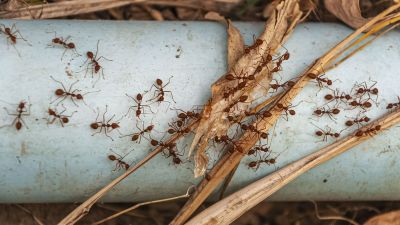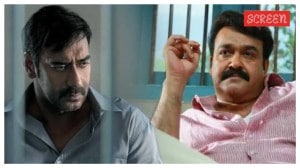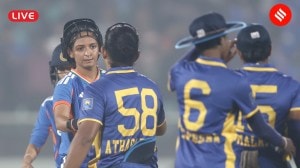‘I use humour because I’m angry, frustrated about so many things around us’: Trisha Das
The author spoke with indianexpress.com spotlighting her new book, the reason for using humour, and why she keeps going back to mythology
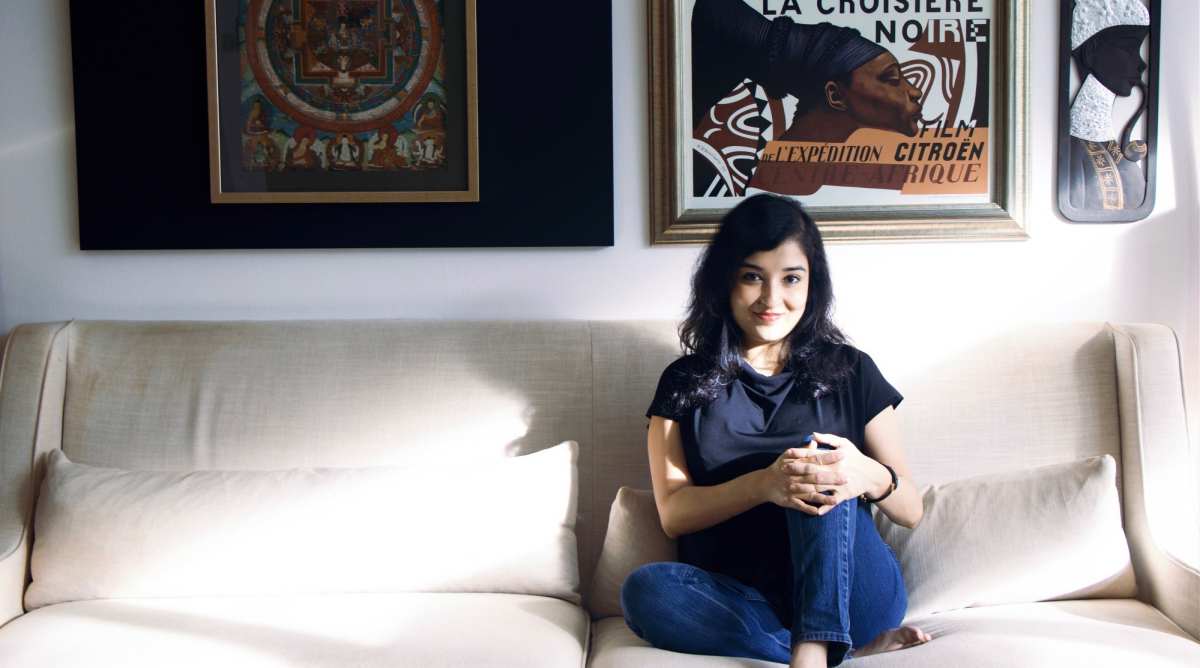 Read the interview here.
Read the interview here.Mythologies always hold the potential to be read and be read against the grain. Several authors use their porosity to carve out their own stories. Among them is Trisha Das. In her previous book Ms Draupadi Kuru, the idea of a devoted Draupadi is given a delightful spin. She is bored and wants to escape heaven. With Misters Kuru: Return to the Mahabharata, Das’ new book and a sequel, the author takes the narrative forward. This time around, Draupadi is in new Kalyug and is visited by Pandavas.
The author spoke with indianexpress.com spotlighting her new book, the reason for using humour, and why she keeps going back to mythology.
Excerpts.
In your last book, you gave an amusing spin to the Mahabharata. Your recent book Misters Kuru is an extension of that. Do you think shifting a known perspective can be an effective narrative tool, or does it run the risk of being mere showy style?
The Mahabharata has always been a fluid story, changing with the times and adapting to geography. Different corners of the country, and even other countries like Indonesia and Cambodia, have differing stories about the characters in the epics. In the Bheel Mahabharata, Draupadi is blonde and has an affair with the serpent king. That’s how the epics have survived as long as they have – they’re open to interpretation and re-examination and have acclimated to every age. So, I think shifting the current, popular perspective and introducing a new narrative is part of a great, Indian tradition. Several million authors have told and retold stories from the epics over thousands of years.
Technically, I haven’t given the Mahabharata a spin in my two Kuru novels. Both the novels start thousands of years after the Mahabharata has ended, in modern times. The characters are the same, but the stories are new. Ms. Draupadi Kuru and The Misters Kuru are essentially a sequel to the Mahabharata, not a retelling. References to the epic within the books are mostly in line with popular belief.
What drew you to Draupadi and her story?
Draupadi was a strong woman who always had an opinion, oftentimes considered disrespectful towards the men around her. She also had a really rough time in the Mahabharata. She was neglected as a child because her twin was male, married off to five men, sold as a slave, stripped, molested, carted off to keep the house in forest dwellings for 12 years, and then become a servant for another year.
As a woman reading the epics, I noticed that it was pretty much the same for all women who were strong, who strove for the agency, who said ‘no’. They were punished, either by society or by destiny, for speaking up, for not being dutiful or fitting into idealised moulds of ‘good wife’ or ‘good mother’ or ‘good abductee’ or ‘good rape victim’. This bothered me. We live in a time when strong women get to go out there and do great things. I guess I wanted Draupadi to have the same opportunities as a modern woman and was curious to see what she would do with them.
Myths are enduring and porous at the same time. When you approach one to weave a story, where do you start from?
So true. I love that different authors start from different places – that you have one epic but so many perspectives. For me, I’ve always started from a place of love. I’ve been a huge fan of the Mahabharata all my life and perhaps the Kuru novels are my attempts to reconcile with the bits I don’t like. Or perhaps I just felt so connected to these characters that I wanted for them to have a second chance at life, to have free will, and be unconstrained by the expectations of destiny.
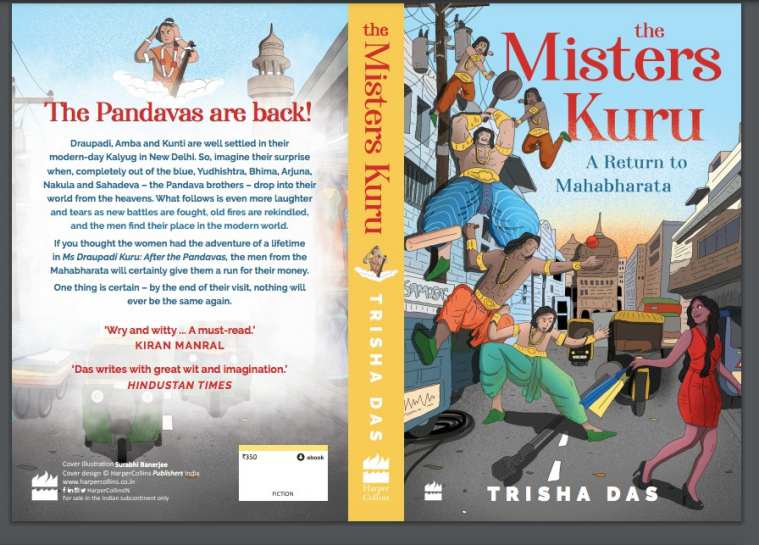 “The Mahabharata has always been a fluid story, changing with the times and adapting to geography,” she says.
“The Mahabharata has always been a fluid story, changing with the times and adapting to geography,” she says.
With the rise in offense and subsequent cancel culture, how difficult is it for authors to take canonised text and present their own versions of it?
It’s easy to write it, but less easy to put it out there. I received a fair amount of online backlash when Ms Draupadi Kuru came out in 2016. However, I also gained a loyal tribe of readers who loved the concept and eagerly awaited the sequel. For every critic, there’s been, fifty enthusiasts. That said, my readership consists mostly of urban, English-medium-educated, fiction-reading, mythology-loving liberals. In our algorithm-driven world, my Mahabharata books don’t really pop up on the radar of most people outside that demographic. I’m preaching to the choir, really.
In addition to this, do you use humour as a buffer?
I use humour because I have all of these really depressing things to say and I want people to actually enjoy reading my books. I use humour because I’m angry and frustrated about so many things around us. I use humour because I think it can be a bridge between harsh reality and entertainment because it allows me to get a point across and not take away from the commercial nature of the novel. Also, I use humour because, by some freak of nature, I don’t suck at writing it.
What are you working on after this?
I’m currently working on three books – an alternate history novel, a rom-com set in Delhi and a children’s book I just started working on after a rather funny dream. I just have to figure out how to write a children’s book first.
- 01
- 02
- 03
- 04
- 05


